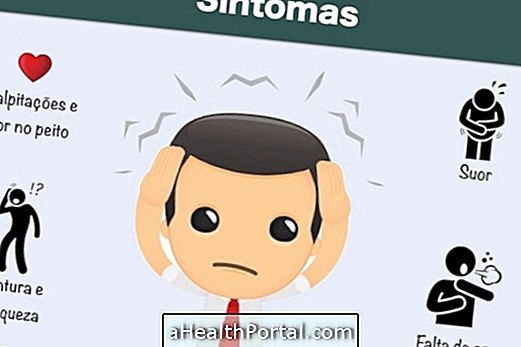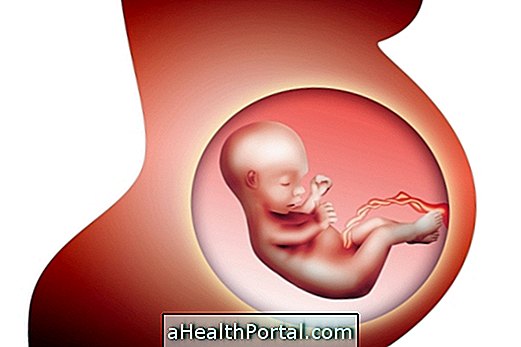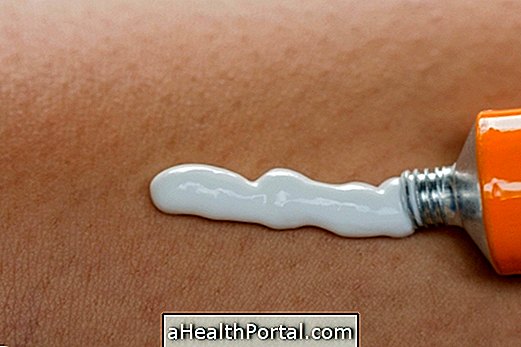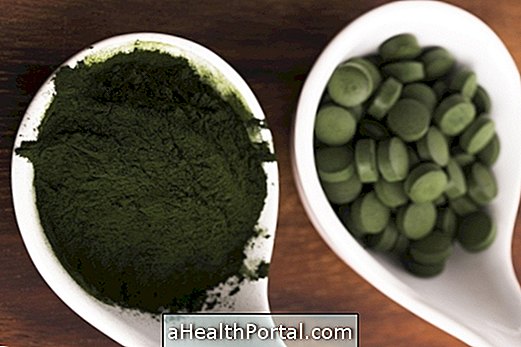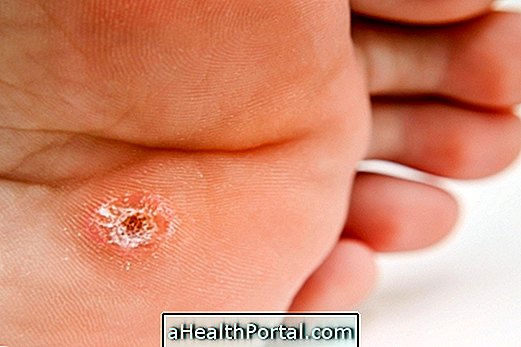Urticaria is a disease that can be exacerbated by emotional stress, and is often classified popularly by nervous urticaria. However, urticaria is an exaggerated reaction of the immune system to drugs, food, infections, insect bites, extreme temperatures, sun exposure, stress, among others.
This immune system reaction causes symptoms such as red-plaque-like skin lesions that are characterized by intense itching, irritation and swelling, which suddenly appear and usually disappear in less than 24 hours. Learn more about the symptoms of nerve hives.
When urticaria is triggered by emotional factors, the causes are usually due to overwork, routine changes, family conflicts, job loss, frustration or any other stressful factor. Thus, psychological monitoring is very important to control emotions and thus prevent urticaria from being triggered by stress.
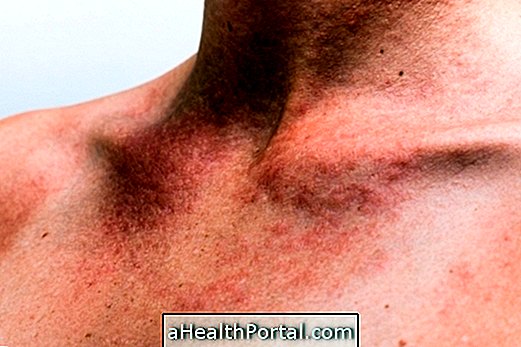
Treatment for urticaria
The treatment for nervous hives is done with the aim of relieving symptoms, and most often the dermatologist recommends the use of antihistamines, which allows the relief of itching and irritation of the skin. Treatment should be followed according to medical advice, as dosages above or below recommended levels may disrupt the treatment of urticaria, aggravate symptoms or cause other problems.
In addition, when urticaria is triggered by emotional changes that cause stress or tension, psychological counseling is recommended to control emotions and, thus, avoid crises of urticaria due to these factors.
The symptoms of urticaria can also be relieved at home by bathing with oatmeal and lavender, which decreases itching and irritation of the skin, or by bathing with Epson salts and almond oil, as it has anti-inflammatory properties inflammatory, analgesic and soothing, promoting well-being and decreasing skin irritation. See how the home treatment of urticaria is done.


